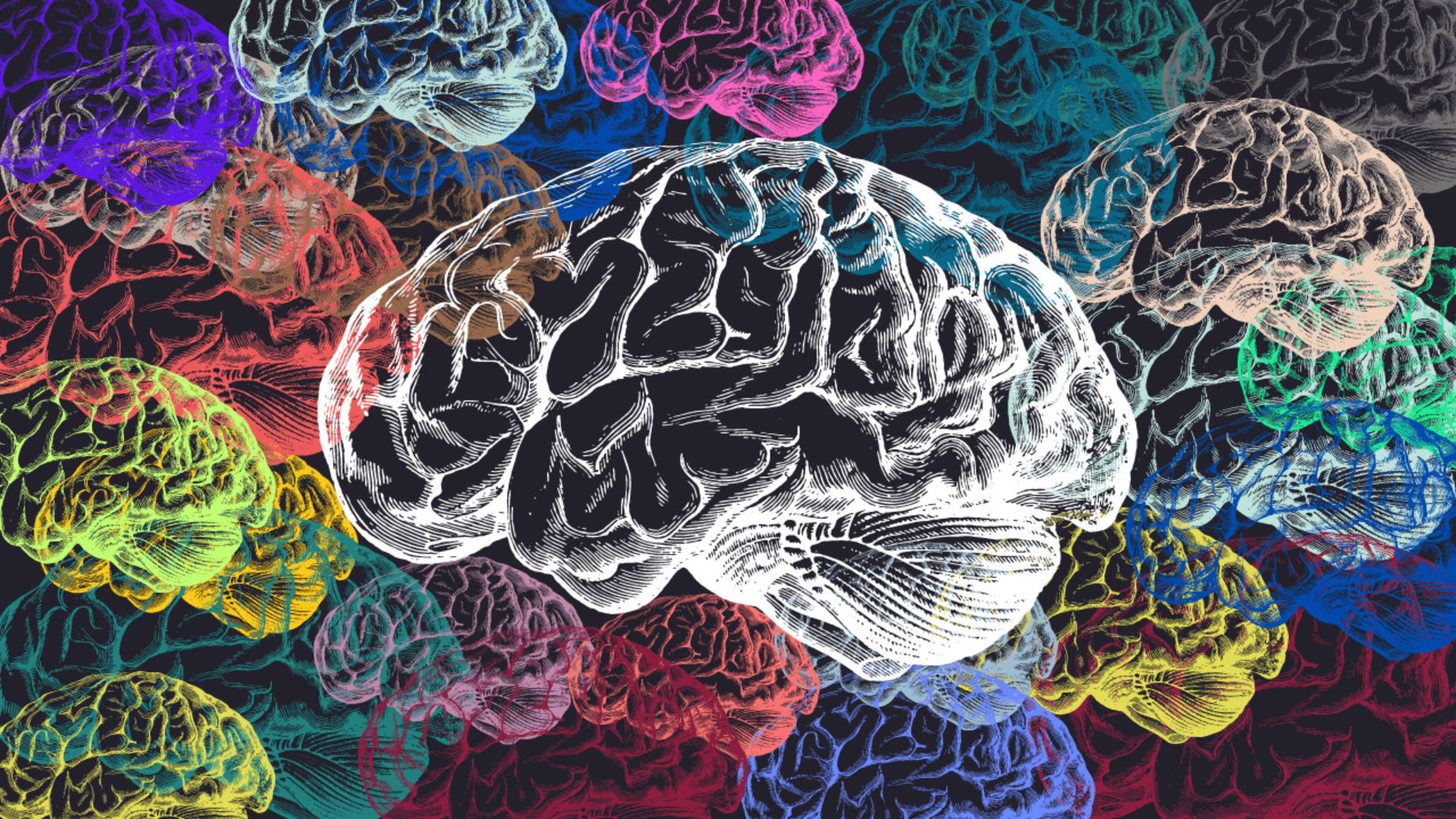Supporting Resilience in Neurodiverse Students
The Power of Mental Resilience
In today’s fast-paced world, the ability to bounce back from challenges is a critical skill for everyone, especially for neurodiverse students. Mental resilience, or the capacity to cope with adversity and adapt to change, plays a vital role in helping neurodiverse students thrive academically, socially, and emotionally.
Why Mental Resilience Matters for Neurodiverse Students
Neurodiverse students encompass those with conditions such as autism spectrum disorder, ADHD, dyslexia, and other cognitive differences. These students often face unique challenges, such as sensory sensitivities, difficulties with executive functioning, or struggles with social interactions.
Resilience is especially critical for neurodiverse students because it equips them to navigate setbacks like misunderstandings, academic struggles, or social rejection. A resilient mindset helps them face these challenges with confidence, reducing the risk of anxiety, depression, or burnout.
Furthermore, resilience encourages self-advocacy, allowing neurodiverse students to communicate their needs and seek support when necessary. For educators, resilience isn’t just about helping students survive difficulties, it’s about helping them thrive in a world that doesn’t always accommodate their differences.
How to Build Mental Resilience in Neurodiverse Students
Cultivating mental resilience in neurodiverse students requires a thoughtful and personalised approach. Here are some strategies educators can use:
Teach Emotional Regulation
Equip students with tools to manage their emotions during stress. Techniques like deep breathing, mindfulness exercises, or using sensory tools can help students calm down when overwhelmed.
Encourage Problem-Solving Skills
Guide students through problem-solving processes to empower them to tackle challenges independently. This builds confidence and a sense of control.
Set Realistic Goals
Breaking tasks into smaller, manageable steps makes goals feel achievable. Celebrate progress to reinforce a growth mindset.
Provide Predictable Routines
Consistency helps neurodiverse students feel secure. Structured environments reduce anxiety and allow students to focus on their strengths.
Promote Self-Awareness
Help students identify their triggers, strengths, and coping mechanisms. Self-awareness is key to resilience, as it allows students to anticipate challenges and respond effectively.
Model Resilience
Share your own experiences of overcoming difficulties. Seeing adults demonstrate resilience can inspire students to develop their own coping strategies.
Create a Safe Space for Failure
Normalise setbacks as part of the learning process. When students feel safe to fail, they are more likely to try again and develop perseverance.
The Role of eQuoo
Incorporating digital tools into education can be a game-changer for building mental resilience in neurodiverse students. eQuoo provides an engaging, evidence-based approach to developing emotional soft skills and resilience.
What makes eQuoo especially effective for neurodiverse students is its accessible, interactive design, suitable for a reading comprehension of age 12. By weaving emotional skills into engaging gameplay, students practise resilience techniques in a way that feels natural, enjoyable and easy to remember.
Creating a Resilient School Environment
Building mental resilience isn’t just about individual lessons, it’s about creating a supportive culture that embraces neurodiversity. Here’s how schools can cultivate resilience:
- Empathy Training for Educators: Equip staff with the knowledge to understand and support neurodiverse students’ unique needs.
- Peer Support Programs: Encourage neurodiverse students to form connections with peers through mentoring or buddy systems.
- Parental Involvement: Collaborate with families to create a consistent approach to building resilience at school and home.
- Incorporating Quoo: Supplement traditional teaching with digital resources that reinforce resilience-building skills.
Resilience: A Lifelong Skill for Neurodiverse Students
Mental resilience is not just about surviving challenges—it’s about thriving in spite of them. For neurodiverse students, this skill opens doors to greater independence, confidence, and emotional well-being.
By fostering resilience through tailored strategies, empathetic teaching, and innovative tools like eQuoo, educators can empower their students to embrace their unique strengths and navigate the world with courage.
To find out more about eQuoo, get in touch using the form below to earn more about how we can support you.



